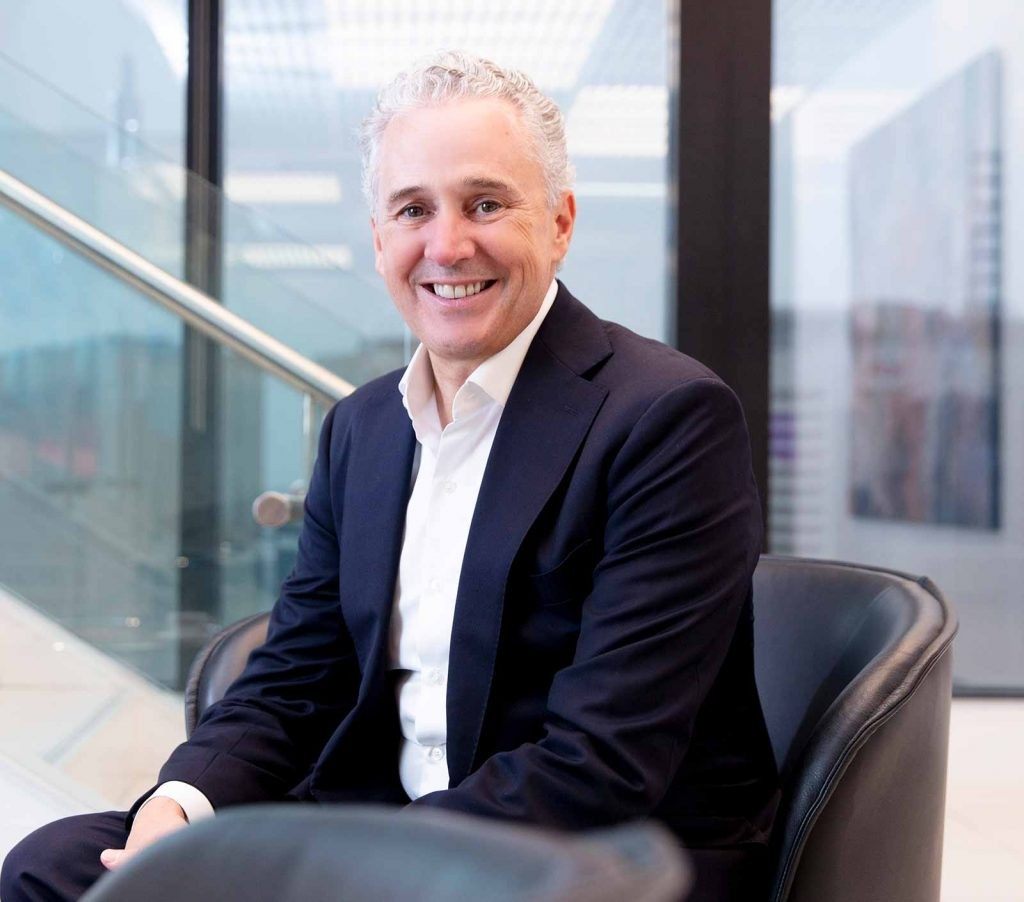
Stuffed with legalese, statutes are dry and difficult documents. But through the creative use of acronyms, it is possible to give them catchy titles that succinctly show intent and can hopefully inspire the appropriate responses. Just ask the Americans.
Many people have heard of the controversial USA Patriot Act (commonly known as the Patriot Act), which was introduced in response to the terrorist attacks on 11 September 2001. Its full title is Uniting and Strengthening America by Providing Appropriate Tools Required to Intercept and Obstruct Terrorism Act. Hence, USA Patriot Act.
This bent for wordplay is also seen in the Prosecutorial Remedies and Other Tools to End the Exploitation of Children Today Act (better known as the Protect Act) and the Secure Authentication Feature and Enhanced Identification Defense Act (the Safe ID Act).
There may soon be another acronym on the US statute book. Accountants should take note of a proposed law whose shorthand name pretty much screams its ultimate aim – the Stop Dirty Money Act.
Stop Dirty Money Act
The Services That Open Portals to Dirty Money Act seeks to expand the Bank Secrecy Act’s definition of a financial institution. Through this move, non-bank professional service providers will be required to adopt anti-money laundering (AML) procedures that help detect the proceeds of illegal activity and prevent them from flowing into and within the US. Those procedures include conducting customer due diligence so that service providers understand the nature and source of their existing and prospective clients’ income.

In many other countries, including Malaysia, accountants already have certain reporting obligations under AML laws
The proposed act is directed at service providers who are ‘key gatekeepers to the US financial system’. Among them are those offering incorporation, trust, third-party payment, legal and accounting services.
The accounting fraternity seems to readily acknowledge its role on this frontier. In a September 2020 AML guide, the International Federation of Accountants (IFAC) says: ‘As a public interest profession, we must play our part to keep our societies safe. As gatekeepers to the financial system, professional accountants are the first line of defence to prevent these illicit funds finding their way into the economy.’
In addition, the Financial Action Task Force (FATF), a global watchdog focused on AML and CFT (countering the financing of terrorism), has pointed out that some services by accountants (such as financial and tax advice; company and trust formation; buying and selling property; and performing financial transactions on behalf of clients) are vulnerable to money laundering.
Slow off the mark
The US has been notably slow to draft non-bank professional service providers into the AML war. In many other countries, including Malaysia, accountants already have certain reporting obligations under AML laws.
Last December, the White House published the administration’s strategy on countering corruption. It declared: ‘As the largest economy in the international financial system, the US bears particular responsibility to address our own regulatory deficiencies, including in our AML/CFT regime, in order to strengthen global efforts to limit the proceeds of corruption and other illicit financial activity.’
On the wish list is greater scrutiny of the key gatekeepers to the financial system, including lawyers, accountants, and trust and company service providers.
But it is up to Congress to permit the necessary amendments to the law. The Stop Dirty Money Bill was passed by the House of Representatives in July and has been placed on the Senate’s calendar of business. At the time of writing, no date had been set for the final round of voting.
Regardless of the outcome in the Senate, accountants elsewhere in the world ought to treat this episode as a reminder of how much they can and should contribute to the fight to curb dirty money. Creatively-titled or not, AML laws are typically tough and powerful. True professionals, though, do not need the threat of statutory penalties to do the right thing.



